As an 18 year old student, I know how important it is to take care of my mental health and maintain a healthy mindset. While studying and keeping up with my extracurriculars, it can be difficult to stay balanced. To make sure I’m taking the best care of my mental health and well being, I’ve found some great mental health practices that have been really helpful for me. I’m going to share the best mental health practices I’ve found that have helped me stay positive and maintain a healthy mindset.
Develop a Positive Attitude: A positive attitude can help in managing stress and build resilience to cope with difficult times
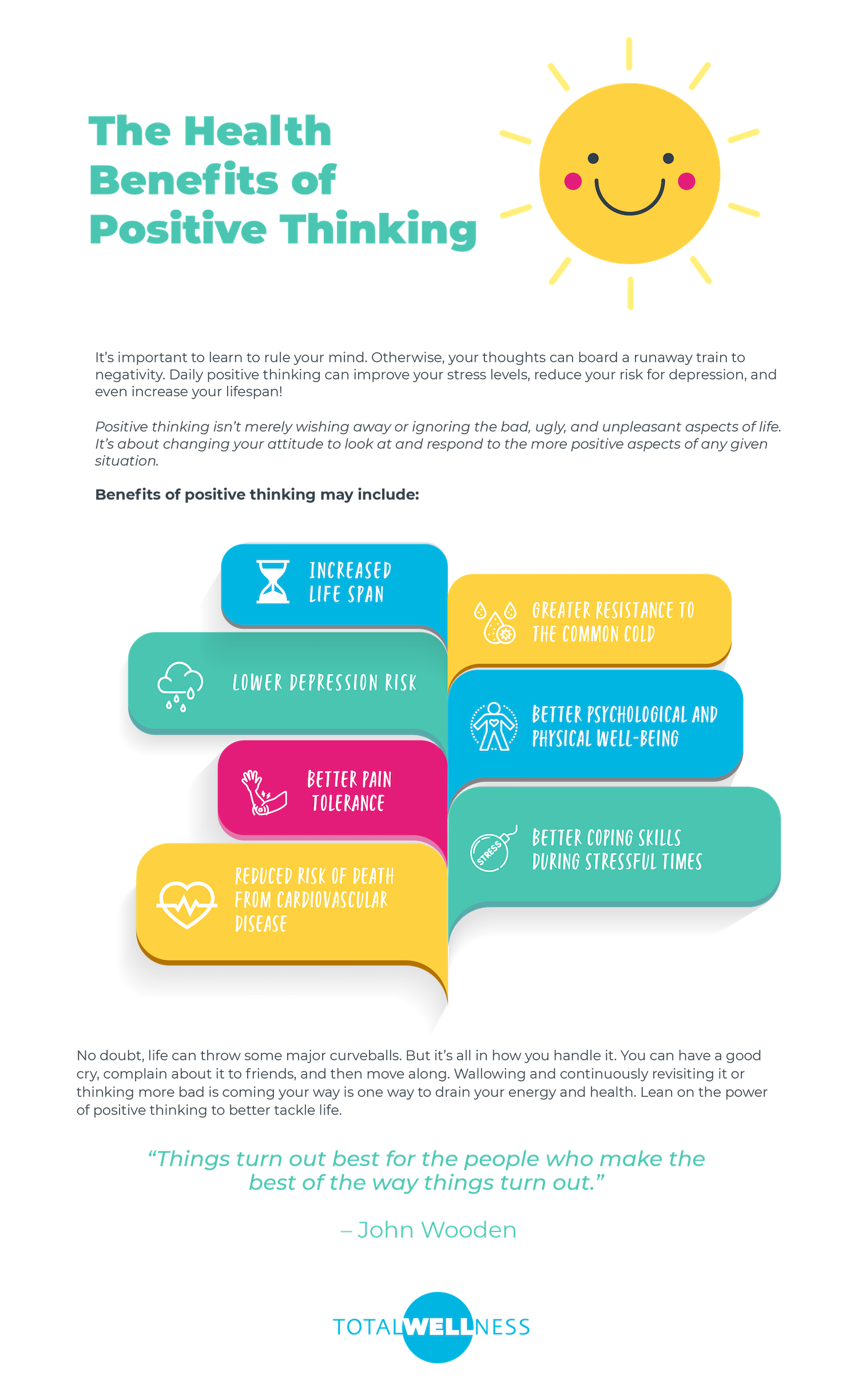
Having a positive attitude is key to having a healthy mental state. One of the most important ways to cultivate a positive attitude is to focus on the good feelings you experience daily. This can include anything from the warmth of the sun, to a delicious meal, or a kind word from a friend. Taking time to recognize and appreciate these moments can help you maintain a positive attitude and outlook, even when things don’t go your way. Additionally, it’s important to try to stay away from toxic situations and people that can bring your mood down. Lastly, practicing self-care and self-love can also help you create and maintain a positive attitude.
Make sure to focus on the positive things in life and look for the good in every situation.

As a 18-year-old, I know first hand how difficult it can be to stay positive in life and to look for the good in every situation. I think it’s important to start by setting small goals that you can achieve, this will give you a sense of accomplishment and will help you build confidence. Additionally, it’s essential to focus on the positives in life and to celebrate your successes, no matter how small they may be. Taking the time to practice gratitude can also help to shift your mindset and to appreciate what you have in life. Reminding yourself of the good things can help to keep your mental health in check and to keep a healthy mindset.
Practice Mindfulness: Mindfulness helps in developing emotional awareness and self-care
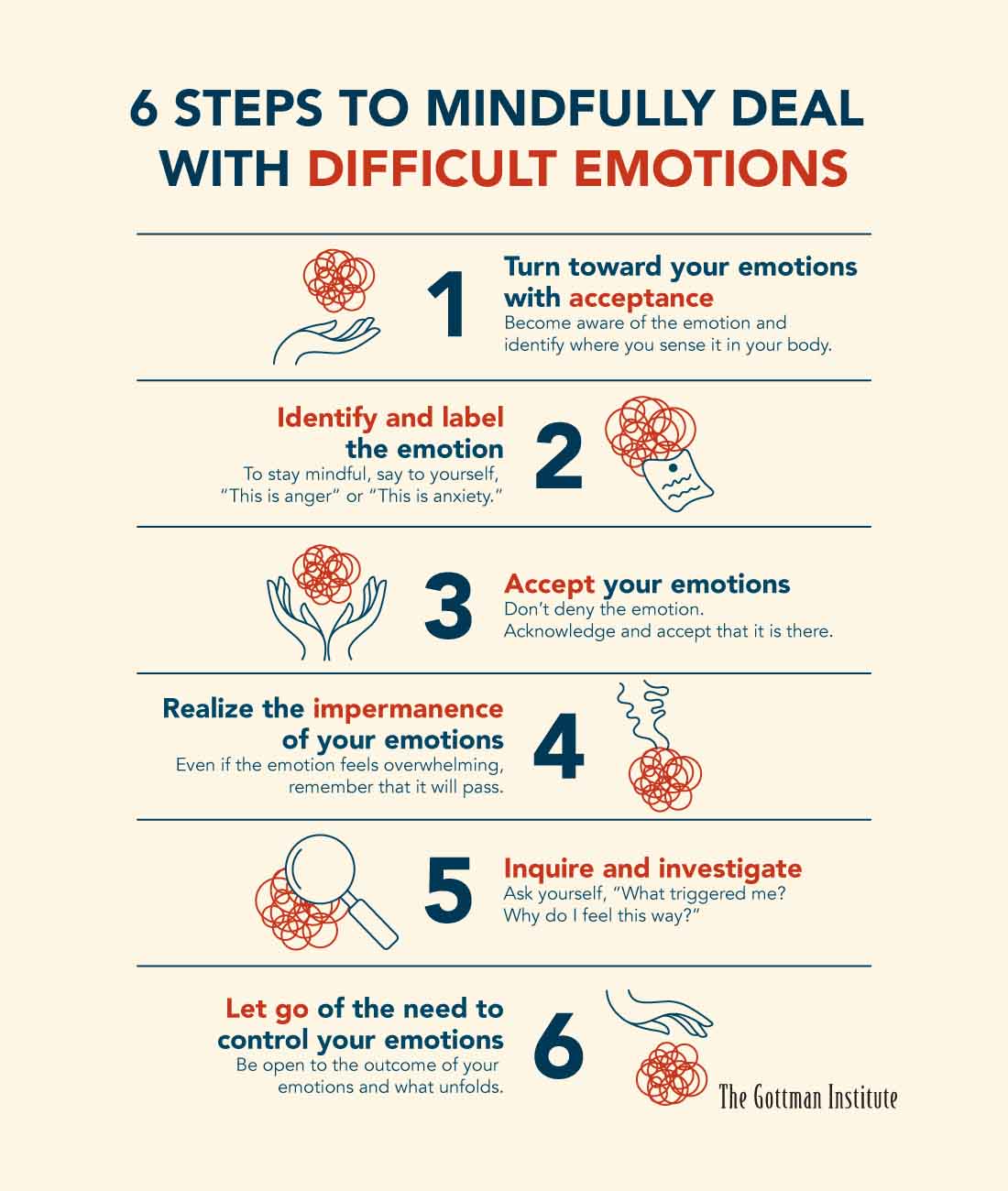
Practicing mindfulness can drastically improve your mental health and wellbeing. Mindfulness allows you to be aware of your thoughts and feelings, leading to greater emotional awareness and self-care. It is a great way to become more in tune with your body and mind and observe how you are feeling in the moment. Being mindful can help you become more mindful of your emotions and how you react to them. It can also help you to take a step back and observe your thoughts, emotions, and behaviors. By doing so, you can gain insight into why you feel certain emotions and learn how to manage them in a healthy way. With regular practice, mindfulness can help improve your mood, reduce stress, and increase your overall wellbeing.
It involves focusing on the present moment and being aware of your thoughts and feelings without judgment.

Focusing on the present is essential for developing a healthy mindset. Taking a few moments each day to reflect on your thoughts and feelings without judgment can help you develop a better understanding of why you think and feel the way you do. Taking a step back to observe your inner monologue can help you become more aware of how your thoughts and attitudes are influencing your behavior. With practice, you can find ways to change your thinking in order to create a healthier and more positive outlook.
Exercise Regularly: Regular physical activity helps in reducing stress and improving mental health
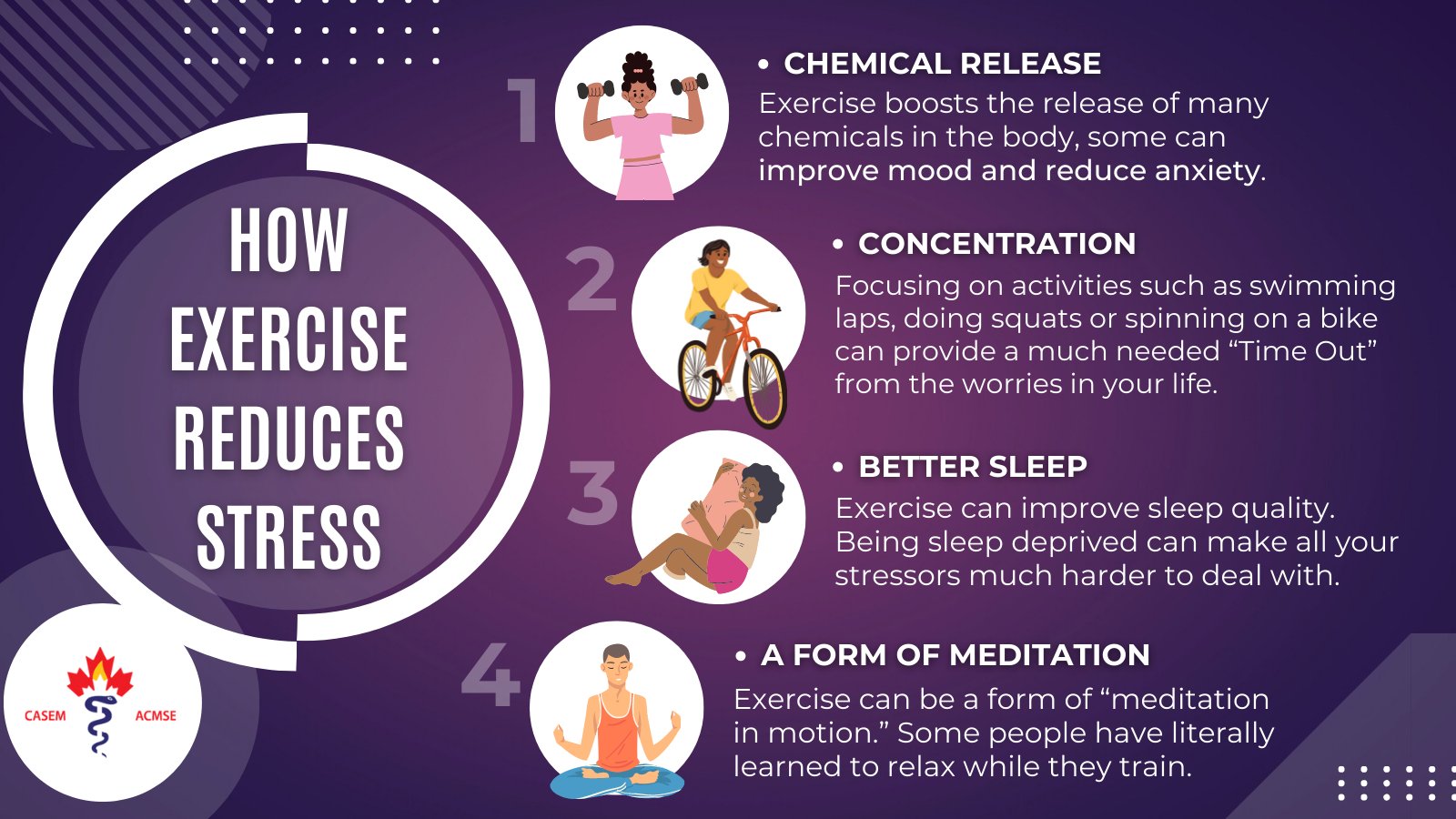
Exercising is so important for keeping a healthy mindset! It’s an easy way to boost your mood and relieve stress. Not only that, but it can help improve your memory, sleep, and overall energy levels. Plus, it can also help you increase your self-esteem and self-confidence. Regular physical activity is one of the best mental health practices you can do. Whether it be going for a walk, running, biking, or playing a sport, getting in some exercise can do wonders for your mental health.
It can also boost self-esteem and confidence.
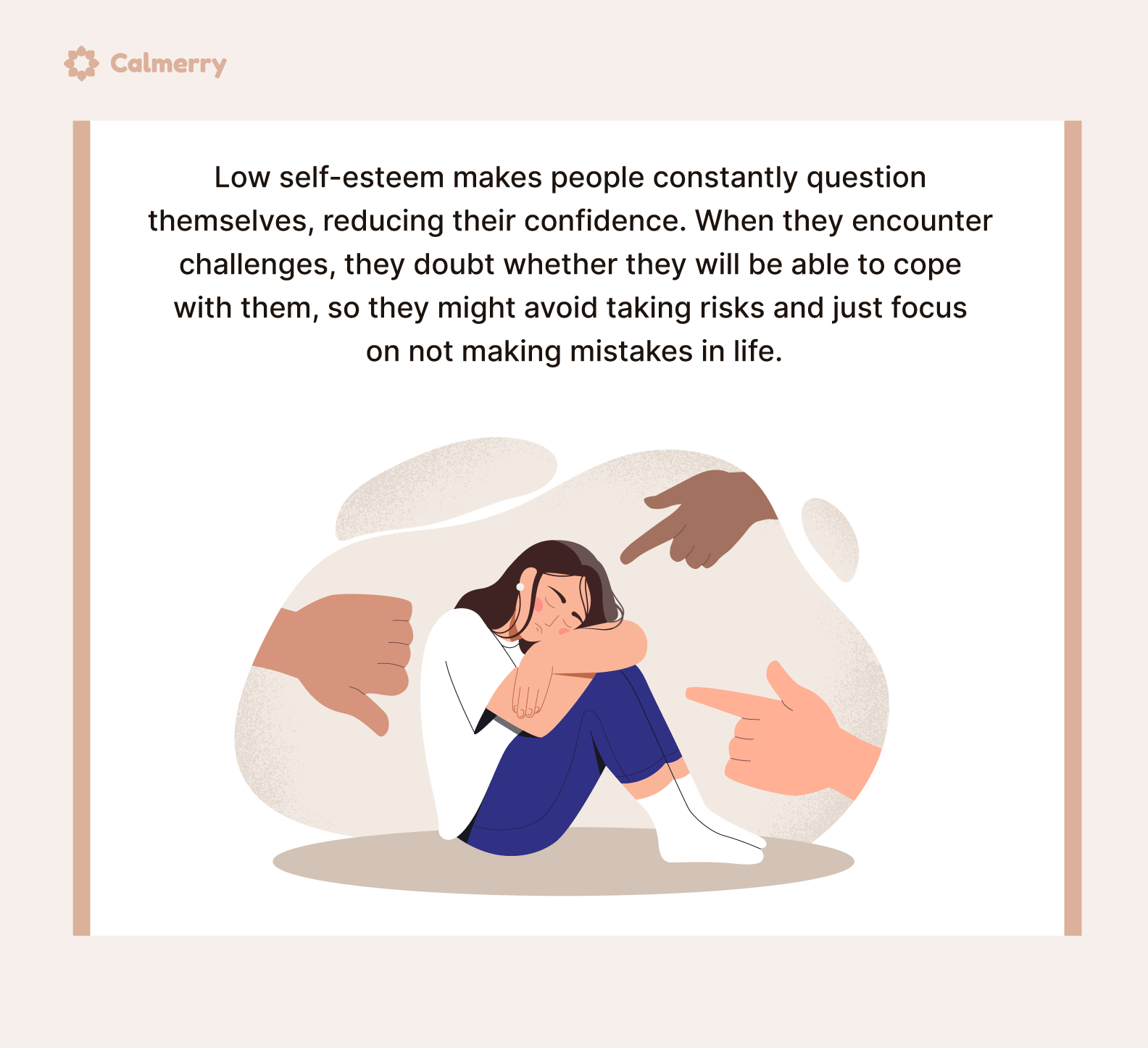
Having a healthy mindset can be a great way of boosting your self-esteem and confidence. It’s important to understand that having a positive attitude towards life and yourself is key to having good mental health. This can be achieved through things like setting realistic goals, managing stress, and engaging in activities that bring joy and satisfaction. For example, taking a few minutes each day to practice mindfulness or take a walk can be a great way to clear your mind and focus on the present moment. It’s also important to make sure that you are taking time to appreciate the little things in life and be kind to yourself. Finally, seeking help if needed is essential. Talking to a professional or a friend can help you gain a better understanding of yourself and your mental health.
Get Enough Sleep: Adequate sleep is essential for mental and physical wellbeing
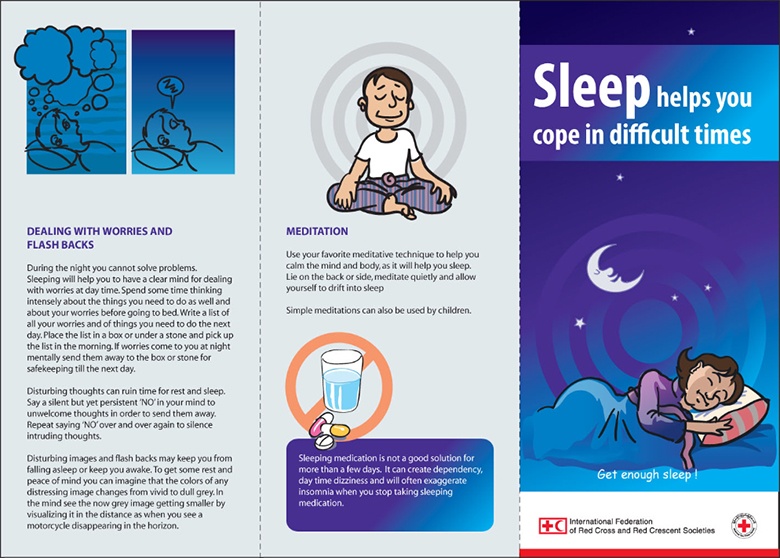
Sleep is essential for our mental and physical wellbeing, yet so often it’s something we take for granted. As a university student, I know I’m guilty of this. From trying to keep up with coursework to my social life, I often find myself sacrificing sleep to get everything done. But I’ve learned recently that I need to prioritize my sleep to maintain a healthy mindset. Getting enough restful sleep isn’t just about quantity, it’s about quality too. It’s about creating the right environment for relaxation and making sure I don’t stay up too late. It’s also about having a regular routine – so I make sure to go to bed and wake up at the same time every day. That way, I can ensure I’m getting enough rest so I can be productive and focused during the day.
Make sure to get 7-8 hours of sleep every night.
Sleep is essential for a healthy lifestyle and mental wellness. As a student, it’s easy to stay up late catching up on work, studying or just scrolling through social media. However, having a sleep routine can significantly contribute to your mental health. Make sure you get 7-8 hours of sleep every night and wake up at the same time each morning. This helps to keep you energised, focused and better able to face the day’s challenges. Not getting enough sleep can lead to mood swings, poor decision making, decreased motivation and difficulty concentrating. So why not try to get an extra hour or two of sleep each night and see how it improves your mental wellbeing?






